Intuitive Physical Knowledge of Children (Video Documentations)
Intuitive Physics
Physical knowledge significantly predates any systematic theoretical treatment of physics. The most basic knowlegde presupposed by theoretical physics is based on experiences acquired almost universally in any culture by human activities. It includes the perception of material bodies and their relative permanence, their impenetrability, their mechanical qualities such as heaviness or hardness, as well as their physical behavior. The outcome is an "intuitive physics" which is built up in ontogenesis and guides human activities related to our physical environment.
A Cross-Cultural Study on Intuitive Physics
In view of the lack of sufficient empirical evidence on the universal character of intuitive physics, a study was carried out at the Max-Planck-Institute of the History of Science, including field research both in Germany and on the Trobriand Islands (Papua Newguinea). Interviews with 56 German school children were conducted with the aim to analyze the ontogenetic development of intuitive conceptions of life, force, motion and weight. In order to examine which aspects of intuitive physical thinking and its development might belong to universal cognitive structures, a parallel investigation was carried out in Kiriwina (Trobriand Islands). The same tasks given to the German school children were administered to Trobriand children and adults. To control for possible influences of schooling, two groups were studied; the first group consising of 31 children the Catholic mission school in Gusaweta, and the second group consisting of 41 children and adults from a remote Trobriand village (Iuwada) with no school.
 Interviews with Children in German Schools on Motion and Weight
Interviews with Children in German Schools on Motion and Weight
The following digitized video data represent two selected cases from the study conducted in Germany. Due to restrictions of personality rights, a comprehensive online presentation of the material collected is impossible at present. 25 out of the total 130 interviews will be made available in the near future. The basic units of the digitized film material represent the tasks presented in the interviews.
In order to explore concepts of motion and its causes, five tasks were utilized. For the assessment of concepts of throw, collision and horizontal motion, one task was administered, respectively. Two tasks aimed at conceptions of fall. To assess criteria for the inanimate/alive distinction, one task was administered. In order to study concepts of weight, six tasks were used. One task aimed at the idea of weight conservation, one task - Floating and Sinking - involved judgments about the behaviour of different objects in water, one task aimed at the relation of matter and weight, and three tasks tested an extensive idea of weight.
 Max Planck Institute for the History of Science
Max Planck Institute for the History of Science
 top
top
